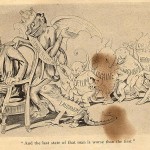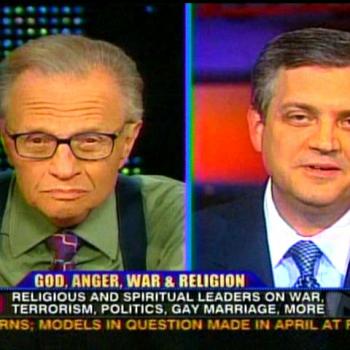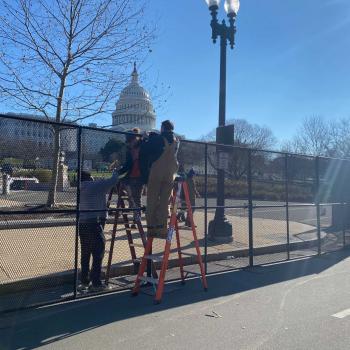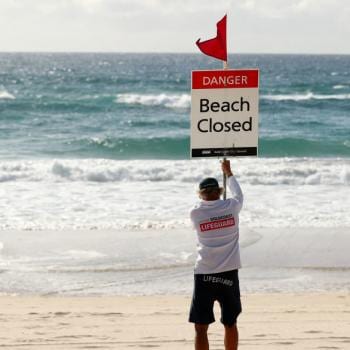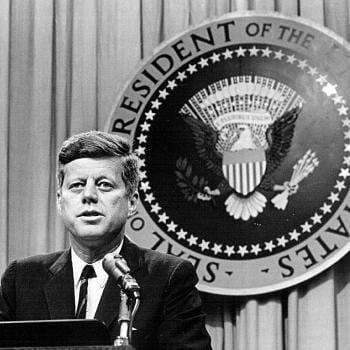Trigger warning: this post may sound excessively pro-police. Don’t blame me. Blame David Simon, the journalist who with the Baltimore Sun spent a lot of time with homicide detectives and turned that into the Hollywood gold of Homicide and The Wire. How could you ever not have a little rooting interest for cops after watching Bunk Moreland and Jimmy McNulty for five seasons? (For that matter, how do live in the United States, dip into pop culture occasionally and miss the maybe not love but like affair Americans have with police? From Matt Dillon and Andy Taylor to NYPD Blue, Americans seem to enjoy watching television series about law enforcement.)
Now along comes a former Baltimore police officer who, by the way, went to Harvard as an undergrad and for a Ph.D., now teaches at the John Jay College of Criminal Justice, and is a card-carrying liberal. I first him on a podcast with Glenn Loury at Bloggingheads.tv in the wake of the shootings by and of cops about a month ago and am now a regular reader of his blog on matters law enforcement. If you want to know how the mainstream media covers police poorly you should read Peter Moskos.
Just the other day he commented on an incident that took place in the Bronx when a man with apparent criminal intentions did pry loose a police officer’s and managed to kill an innocent store owner. Here is how Moskos frames a cop’s undertaking:
You’re a cop. There’s a chaotic scene. Your partner is wrestling with a man. The man is reaching for your partner’s gun. At least that is what you think. Do you shoot him?
If you do shoot, you will have killed an unarmed man of color and have to face the consequences: there will be protests; you will be on desk duty; you might face criminal trial for murder and lose your pay and your family’s health insurance. But thanks to your action, an innocent black man would still be alive.
If you don’t shoot, a man will take your partner’s gun and kill an innocent black man. But you’ll be OK, more or less: there will be no protests; you’ll face to independent investigation; your life and job won’t be terribly disrupted.
What would you do? Given this choice, what cop in his right mind would shoot the unarmed criminal and save a life? You’d have to be a martyr to make the morally correct choice.
But in hindsight, knowing what we now know, of course the cops should have shot and killed Guzman before he got control of the cop’s gun. Had police had been quicker to shoot and kill Guzman, Camara would still be alive. Though we wouldn’t know that. But had this happened, would you be willing to defend the officer’s decision to shoot as correct? Or “justified.” Or at the very least “reasonable?” Unless you’re a cop, my guess is probably not.
Guzman was a threat before he got shot, when he was still unarmed. Any time a man is trying to take a cop’s gun, cops are in a no-win pickle, since they’re fighting with an “unarmed man.” But being willing to kill a killer before he kills is not a flaw of policing; it’s a feature. By the time it was 100 percent clear Guzman was a lethal threat, it was too late. He got off fifteen rounds. Anybody on the block could have been shot and killed, but the fates picked Camara.
The problem, the logical fallacy even, is you never know for sure what will happen. Cops sure don’t. And they have to make split-second decisions. But when a man is fighting for control of your gun, he needs to be shot. Sooner rather than later. But that is not the lesson of Ferguson. Cops are fully aware of the potential consequences of even good shootings. Some people call this “progress.” I doubt it’s any consolation to Camara’s family and friends.
It’s an odd world we live in where during the day we live with a sense (sometimes justified) that cops are a major problem in our nation and then go home to relax with reruns of Law and Order. Peter Moskos helps to make it a little less odd.

